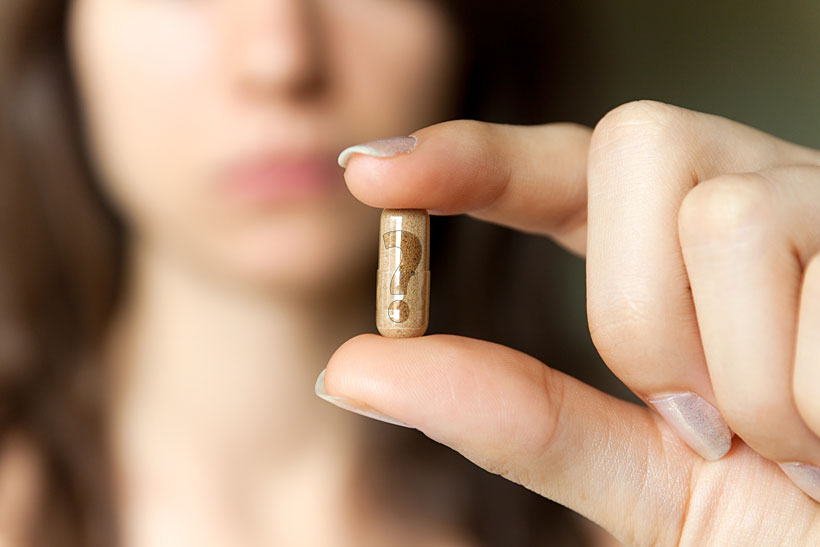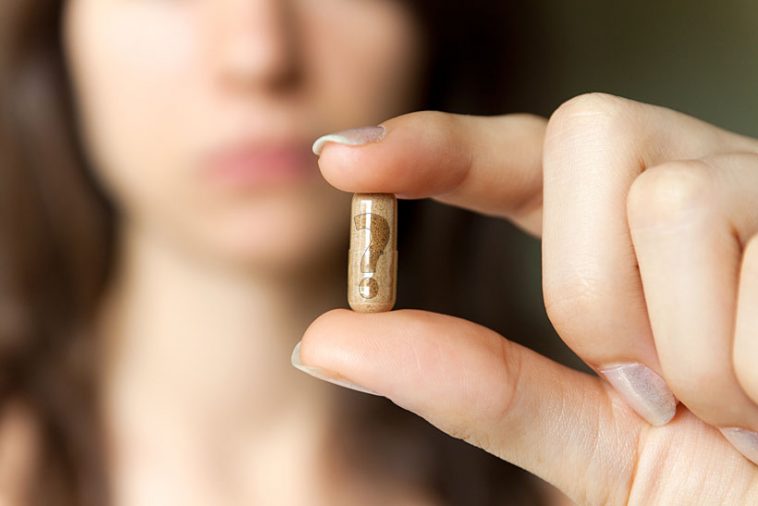- Like
- SHARE
- Digg
- Del
- Tumblr
- VKontakte
- Flattr
- Buffer
- Love This
- Save
- Odnoklassniki
- Meneame
- Blogger
- Amazon
- Yahoo Mail
- Gmail
- AOL
- Newsvine
- HackerNews
- Evernote
- MySpace
- Mail.ru
- Viadeo
- Line
- Comments
- Yummly
- SMS
- Viber
- Telegram
- JOIN
- Skype
- Facebook Messenger
- Kakao
- LiveJournal
- Yammer
- Edgar
- Fintel
- Mix
- Instapaper
- Copy Link

Introduction
It’s well-established that dietary supplements are essential to getting the most out of your physical training.
But that doesn’t mean you should go to the store and start guzzling down anything that is marketed to increase your gains and give you superpowers.
Take some time to get educated on the ingredients of different supplements. You’ll save so much of your money, time, and health just by being informed on what you should be putting in your body.
Pre-Workout Supplements
The main purpose of a pre-workout supplement is to give you more energy for your workout. Though it may feel like your muscles are bigger afterward, this effect is temporary and has no real effect on the gains you make. Because they give you more energy, you might be able to push yourself longer and train at a slightly higher intensity, but it’s unlikely that you will speed up your progress in any significant way with the use of pre-workouts.
Then what is this stuff good for? If you’re trying to cut, pre-workouts can be beneficial to you. Anyone who has ever tried to cut knows that it is very frustrating trying to get through a workout without any energy. You can keep your muscle tone and minimize losses with the help of a pre-workout.
Some may come to rely on pre-workouts just as people rely on a cup of coffee to get going in the morning. While this isn’t ideal, they aren’t inherently harmful to most people as long as they don’t contain banned ingredients.
So, what’s generally in this stuff?
Caffeine
This is one of the most common ingredients in pre-workout supplements. Technically, you could have a few cups of coffee as a pre-workout and experience many of the same benefits that specially-marketed products would give you. As everyone knows, caffeine gives you more physical and mental energy.
Creatine
Some people supplement with pure creatine. It’s been suggested to be a safe and effective ingredient that helps your body create and use ATP, the very-important chemical that causes your (and all animals’) muscles to contract. Creatine can increase your overall endurance and performance.
BCAAs (branched chain amino acids)
They reduce the protein breakdown in your cells, increasing your endurance. They’re also helpful post-workout, which we will go over later.
L-Arginine
This is an amino acid that has been shown to assist in proper blood vessel function (it is sometimes recommended to people with certain cardiovascular problems). Hypothetically, this will help you work out at a higher intensity.
Beta-alanine
While a good workout doesn’t inherently cause physical pain, everyone is familiar with the “burn” that happens when lactic acid builds up in the muscles upon exertion. Beta-alanine essentially puts a damper on this process to decrease burn and hence muscle fatigue.
Dangerous Ingredients
There are some pre-workout ingredients that have been banned for being dangerous to your health. They are mostly stimulants that increase the risk of cardiac arrest. Any supplement containing these should be avoided at all cost (though they’ve been banned by the FDA, they are still available online): 1,3-DMAA, 1,4-DMAA, 1,3-DMBA, octodrine, and 2-aminoisoheptane.
It’s also important to avoid products that contain too much caffeine. While it’s hard to overdose on caffeine, overuse by those with undiagnosed heart conditions can exacerbate the problem and even cause cardiac arrest.
Post-Workout Supplements
If you’re trying to build (or keep) muscle, recovery is just as important as the workout. Post-workout supplements are designed to increase the effectiveness of the recovery process so that you make bigger gains in the end. There is some overlap between pre-workout and post-workout ingredients because some of the former are still effective in the context of muscle recovery.
So, what’s generally in this stuff?
Carbohydrates
Working out depletes your blood glucose levels and you will find yourself totally out of commission after a tough workout if you don’t replenish them. This is what carbohydrates are for. Eating a good meal with lots of carbs will probably do the job, but some supplements include dextrose to make this process more convenient and controlled.
Whey Protein
If you’re going for big gains, it is really difficult to get the proper amount of protein from food alone. It is one of the most essential ingredients in muscle growth, and it’s hard to get too much of it. However, it tends to pack a lot of calories, so if you’re trying to lose weight it might be better to stick to other methods of recovery.
Glutamine
There’s been a lot of talk about this stuff recently, what is glutamine? It is an amino acid already present in our bodies that is important in protein synthesis. During exercise, blood levels of glutamine drop. Restoring the level of glutamine in our systems after a workout is hypothesized to increase the growth of muscle during recovery.
BCAAs
These can be helpful for those on a cut, as it preserves more muscle throughout the workout. It prevents your body from entering a “catabolic crisis” where it starts to dissolve muscle for energy when it runs out of fuel.
Conclusion
While the world of dietary supplements contains a lot of scientific terms and seems very daunting, it isn’t too complicated for anyone to understand. Hopefully, this guide has set you on the path to success in your athletic training.
About Jason Spencer
Jason Spencer has a tremendous enthusiasm for all facets of health, fitness and physical performance that stems from an athletic lifestyle from childhood. Jason was fortunate enough to compete in collegiate football and learned to love the challenges that physical activity placed on the body. As Jason progressed through his higher education and became increasingly aware of how science is applied to physical activity and how it reveals the benefits of exercise, he realized very quickly that he wanted to pursue a career that gives him the opportunity to teach others to compete, challenge, and push themselves towards something more valuable to them than anything else; health, fitness and self worth. Being a fitness professional allows Jason to do this for them and he is always incredibly grateful for that. Jason has a Bachelor of Science degree in Neuroscience from Muhlenberg College in Allentown, PA. Neuroscience and his acquired knowledge of the nervous system and muscle stimulation techniques has been extremely instrumental towards building a unique ability and feel for training the body for optimal form and function. As a personal trainer he is certified with ACSM (American College of Sports Medicine). He's also a strength & conditioning specialist with NSCA (National Strength & Conditioning Association). He has additional certifications in both kettlebell principles & techniques (Equinox), and Flexibility & Corrective Exercise (Swedish Institute of Health Sciences in NY). Jason has worked as a trainer and conditioning specialist in a variety of fitness facilities over the years such as: LA Fitness in Piscataway, NJ, the YMCA in Metuchen, NJ, and Equinox Fitness Clubs in New York, NY. He also does private in-home sessions all over the Manhattan area.

